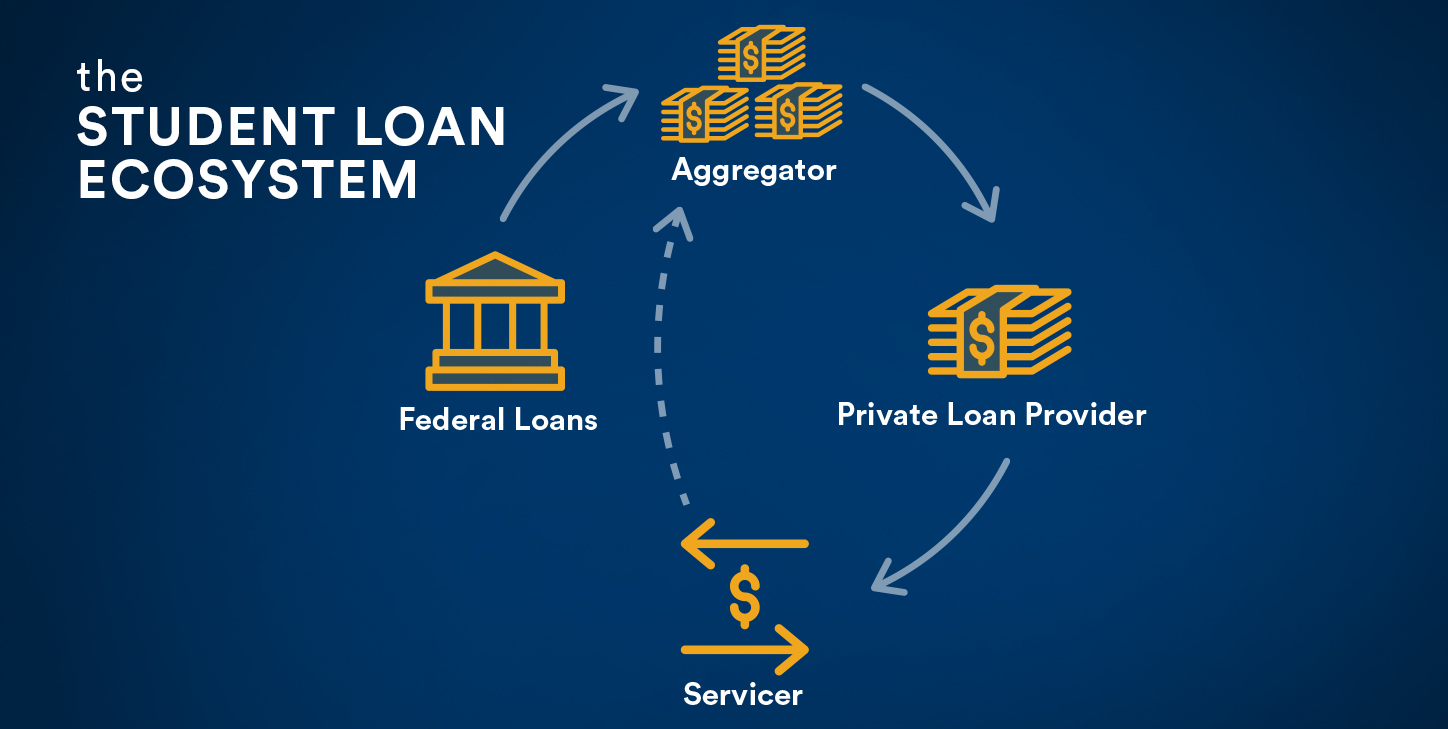A Comprehensive Overview to Home Loans: Solutions and Options Explained
Charting the globe of home lendings can be complex. Different choices exist, each with one-of-a-kind attributes and implications for prospective homeowners. Understanding the distinctions in between traditional and government-backed loans is crucial. The application procedure includes thorough paperwork and pre-approval steps that numerous neglect. As consumers begin on their home-buying journey, understanding just how to handle these responsibilities effectively might suggest the difference between monetary stability and difficulty. What techniques can encourage them on this course?
Understanding Home Loans: Kinds and Terminology
Recognizing the numerous sorts of home fundings and their linked terms is important for prospective house owners, as it outfits them with the expertise required to make enlightened economic decisions. Home finances can be broadly categorized right into fixed-rate and adjustable-rate home loans. Fixed-rate home loans preserve a constant rates of interest over the life of the funding, offering security in month-to-month payments. On the other hand, variable-rate mortgages include passion prices that might change after a first set duration, potentially resulting in lower first repayments yet boosted future costs.
Additional terms is essential for quality. Principal refers to the car loan amount obtained, while interest is the cost of loaning that quantity. The term of the funding shows its duration, usually ranging from 15 to 30 years. Comprehending these essential ideas makes it possible for possible purchasers to navigate the facility landscape of home financing, ensuring they choose the right car loan option that straightens with their monetary circumstance and long-lasting goals.
Standard Lendings vs. Government-Backed Loans
A considerable distinction in home financing exists in between government-backed fundings and conventional car loans, each catering to various consumer requirements and circumstances. Conventional financings are not insured or ensured by the government and usually need higher credit rating and deposits. They are commonly attracting customers with stable monetary histories, as they may offer competitive interest prices and terms.
On the other hand, government-backed lendings, such as FHA, VA, and USDA loans, are made to assist details teams of consumers, including first-time property buyers and experts. These finances usually feature reduced down payment demands and even more adaptable credit rating criteria, making them easily accessible to a more comprehensive variety of individuals.
Ultimately, the option in between government-backed and standard lendings pivots on the borrower's financial situation, long-lasting objectives, and qualification, making it necessary to carefully evaluate both options prior to making a choice.
The Function of Rate Of Interest Rates in Home Financing
Rate of interest play an important role in home financing, influencing borrowers' choices in between variable and set rate fundings. The selection between these options can substantially affect monthly repayments, affecting total cost. Comprehending how rates of interest function is important for anybody navigating with the home mortgage process.
Dealt With vs. Variable Rates
Buyers deal with an important choice when selecting between repaired and variable rates, as this option substantially influences the expense of financing in time. Fixed-rate home mortgages use security, securing a passion rate for the life of the funding, which can be beneficial in a rising rates of interest atmosphere. This predictability allows homeowners to spending plan better. Alternatively, variable-rate home mortgages, or variable-rate mortgages (ARMs), typically begin with reduced initial prices that can rise and fall based on market problems. While this might cause lower first repayments, customers face the danger of boosted rates in the future. Inevitably, the choice between fixed and variable rates depends upon specific economic situations, danger resistance, and expectations relating to future rate of interest trends.
Impact on Month-to-month Repayments
When reviewing home funding choices, the effect of rate of interest rates on monthly payments is an essential variable to consider. Passion prices straight affect the overall price of borrowing, affecting just how much a debtor will pay monthly. A lower rates of interest lead to smaller sized monthly repayments, making homeownership a lot more affordable. On the other hand, greater rates can considerably raise regular monthly responsibilities, possibly stressing a home owner's spending plan. Additionally, the funding term plays a crucial role; longer terms might spread out repayments out yet can result in paying more passion with time - Payday Loans. Comprehending exactly how rate of interest engage with finance quantities and terms is vital for customers to make informed economic decisions and choose a mortgage that lines up with their long-term economic goals
Mortgage Brokers vs. Straight Lenders: Which Is Right for You?
When taking into consideration a home loan, prospective debtors need to understand the distinct roles and duties of mortgage brokers and straight lenders. Each alternative provides its very own advantages and drawbacks, which can substantially influence the overall price of financing. An educated choice needs mindful evaluation of these aspects to establish the finest fit for private needs.
Responsibilities and functions Specified
Maneuvering the intricacies of home financing calls for a clear understanding of the roles and obligations of home mortgage brokers and straight loan providers. Cash Advance. Home mortgage brokers function as middlemans, connecting borrowers with lenders. They analyze a customer's monetary scenario, curate car loan choices, and overview clients through the application process, frequently leveraging several lender relationships to protect favorable terms. On the other hand, direct lending institutions, such as banks and credit history unions, give finances directly to customers. They manage the entire financing process, from application to funding, with a focus on their own products. Each alternative presents unique opportunities for acquiring funding, making it vital for debtors to evaluate their preferences and needs when making a decision between engaging a home have a peek at this website loan broker or dealing with a straight lender
Cons and pros Comparison
Choosing in between a mortgage broker and a straight loan provider can considerably affect the home funding experience, as each alternative offers one-of-a-kind advantages and disadvantages. Mortgage brokers work as middlemans, providing accessibility to multiple loan providers and potentially far better prices, while simplifying the financing procedure. They may charge costs and rely on payment structures that could affect their recommendations. On the other hand, straight loan providers streamline the procedure by offering in-house loans, which can result in much faster authorizations and less problems. Conversely, they might have a restricted option of products and less adaptability regarding pricing. Ultimately, the decision rests on private choices, monetary circumstances, and the desired degree of assistance throughout the mortgage trip.
Expense Implications Examined
While assessing the price implications of mortgage brokers versus direct loan providers, prospective property owners should think about numerous variables that can considerably influence their total costs. Home mortgage brokers commonly charge fees for their services, which can differ considerably, influencing the overall loan expense. Nevertheless, they usually have access to a larger series of finance products and competitive prices, potentially saving customers cash over time. Conversely, straight lending institutions might use an extra simple process with potentially lower ahead of time expenses, however their loan options might be restricted. It is essential for property owners to contrast rates of interest, fees, and terms from both brokers and lenders, ensuring they make an enlightened choice that straightens with their monetary objectives and demands.
The Home Mortgage Application Process: What to Expect
The home funding application procedure can often feel daunting for lots of applicants. It usually starts with collecting essential documentation, consisting of proof of income, credit rating, and individual recognition. Lenders utilize this info to evaluate the candidate's monetary security and identify financing eligibility.
Next, applicants send a formal application, which may entail filling in online types or giving information face to face. During this phase, lenders assess different variables, such as debt-to-income ratio and credit rating, to pick finance terms.
As soon as pre-approved, the loan provider will perform a thorough evaluation of the building to identify its worth straightens with the lending amount. This stage may also consist of additional background checks.
After final approvals and conditions are fulfilled, the loan is refined, causing the closing phase. Comprehending each action equips candidates, making the trip smoother and a lot more workable as they approach homeownership.
Tips for Handling Your Home Car Loan Responsibly
Efficiently steering the mortgage application process is just the start of an accountable financial trip. Handling a home funding requires interest to numerous crucial methods. Debtors need to develop a clear spending plan that accommodates regular monthly home mortgage payments, residential or commercial property taxes, and insurance. On a regular basis reviewing this budget assists stop overspending and warranties prompt payments.

Additionally, making additional payments when feasible can significantly reduce the loan principal and overall passion paid in time. Debtors should also keep open lines of communication with their lender, particularly in times of monetary problem check out here - Cash Advance. This can bring about possible solutions such as lending adjustments or refinancing choices
Ultimately, it is advisable to check credit report regularly. An excellent credit scores rating can give opportunities for much better loan terms in the future. By following these suggestions, house owners can browse their finance obligations efficiently, ensuring long-term monetary health and wellness and security.
Often Asked Inquiries
What Are Closing Expenses and Just How Are They Calculated?
Closing prices encompass charges connected with completing a home mortgage, consisting of assessment, title insurance, and loan source charges. These costs normally range from 2% to 5% of the car loan quantity, varying based upon location and lender.

Can I Receive a Home Mortgage With Bad Credit Report?
Yes, individuals with poor credit scores can receive a home mortgage, though alternatives might be limited. Lenders usually call for greater deposits or rates of interest, and checking out government-backed car loans might improve chances of approval.
What Is Home mortgage Insurance and When Is It Called for?
Home loan insurance coverage secures loan providers versus default and is generally needed when a customer makes a down repayment of less than 20%. It ensures that loan providers recuperate losses if the customer falls short to settle the finance.
How Does Refinancing Work and When Should I Consider It?
Refinancing involves replacing an existing home mortgage with a new one, typically to protect a lower rate of interest or change financing terms. Home owners need to take into consideration re-financing when rates of interest drop considerably or their financial situation boosts.
What Happens if I Miss a Home Mortgage Repayment?
If a home mortgage settlement is missed out on, the lending institution commonly evaluates late charges, reports the misbehavior to credit history bureaus, and might start repossession proceedings if payments proceed to be disregarded, eventually jeopardizing the homeowner's residential property.
Fixed-rate home loans preserve a constant passion price over the life of the lending, supplying security in regular monthly repayments. A considerable distinction in home funding exists in between government-backed car loans and standard car loans, each providing to different customer requirements and situations. In comparison, government-backed fundings, such as FHA, VA, and USDA car loans, are designed to aid particular teams of customers, consisting of novice homebuyers and experts. Rate of interest prices play an essential function in home funding, influencing borrowers' decisions in between fixed and variable rate car loans. Fixed-rate mortgages use go to this web-site stability, securing in a passion rate for the life of the funding, which can be helpful in an increasing interest price atmosphere.